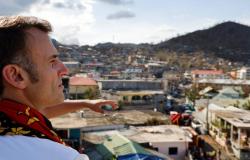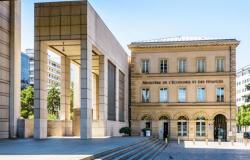“Letter to Ndoumba”, this feature film is a poignant and well-crafted story that captivates the audience. One day, a young country girl living in the city receives an unexpected letter from her father back in the village which turns her life upside down. The words written with love and pain deeply stir her soul and cause her to confront the choices she makes. “Letter to Ndoumba” is a powerful story about the quest for identity, the challenges of the rural-urban imagination, and the redemptive force of parental love.
This film highlights a current subject that is often overlooked, the difficulties of young women from rural areas confronted with the harsh realities of the city. The film is a work with social impact capable of raising awareness and educating communities on life choices and their consequences.
Indeed, Congolese cinema is increasingly being talked about beyond borders by young filmmakers and directors who are passionate about this art. Edsaint Rhema Nkaou is part of this dynamic that is moving the lines. Few sons to his credit, but very professional and noble ambitions. Born July 15, 1998 in Brazzaville, Nkaou Edsaint Israel, his real name, is a director, assistant director, screenwriter.
Passionate about cinema since 2018, he has enriched his career by participating in various training workshops and masterclasses in acting, director, assistant director and screenwriting. In 2021, he won the pitch prize at Kamba’s awards, testifying to his talent and originality. In 2023, he will direct his very first film ”Letter to Ndoumba”, a remarkable and unprecedented work. The same year, he distinguished himself as first assistant director for the film “New Life” by Richi Mbebele.
Furthermore, the international Bilili pour tous festival will bring together for this first edition directors, cinematographers, producers and audio-visual professionals who will come from different countries including the Democratic Republic of Congo, Ivory Coast, Mali, Niger, Benin, France, Algeria, USA, Congo, Senegal. Around screenings, conference debates, training workshops and experience sharing, this rich and varied program for this edition aims to promote African art and culture through cinema. The objective is therefore to highlight the talents of local and international filmmakers, promote the encounter between cinema and cultural traditions of rural communities, inspire and raise awareness among communities through cinematographic works carrying powerful messages.






